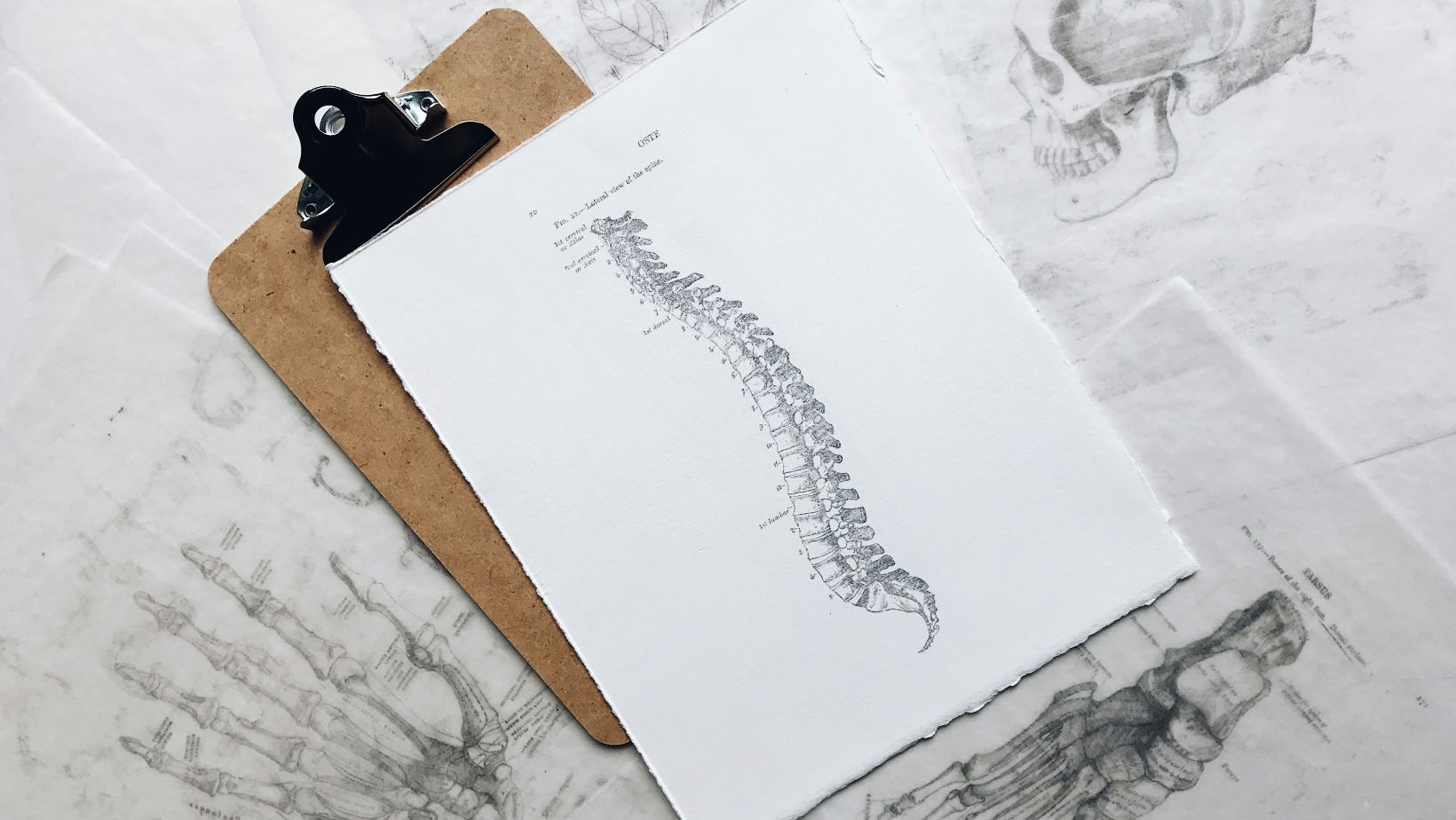When you have a hormone-related disease or condition, it’s common to feel symptoms such as fatigue and brain fog. However, there are several other symptoms that many people don’t realize can be experienced when your hormone levels are too high or too low. Spotting these symptoms will allow you to receive testing and assistance with better regulating your hormone levels so you feel your best.
Table of Contents
ToggleDifferent Hormone-Related Diseases and Disorders
Hormones are responsible for several bodily processes that occur each day, such as growth, metabolism, reproduction, and mood. Some of the most common hormone-related diseases include:
Thyroid Disorders
The symptoms that you experience with this disorder will be based on whether your body is producing too much or too little thyroid hormones. Hypothyroidism is when the thyroid isn’t producing enough hormones. Symptoms include fatigue, sensitivity to cold, dry skin, pale skin, hoarseness, weight gain, and muscle weakness.

If you have hyperthyroidism, your body is making too many hormones. Symptoms of this condition include weight loss, a swollen thyroid, an irregular heartbeat, increased blood pressure, palpitations, shaking, hot flashes, and irritability.
Diabetes
There are three main types of diabetes. This includes:
– Type I diabetes
– Type II diabetes
– Gestational diabetes
Type I diabetes occurs when the body isn’t creating enough insulin. This deficiency is typically caused by a problem with the pancreas, which is the organ that produces insulin.
Type II diabetes means that your body isn’t using its insulin correctly. Your risk of developing type II diabetes increases if you are overweight or eat an unhealthy diet.
Gestational diabetes only occurs in pregnant women and results in high blood sugar that can affect both mom and baby. Often, symptoms don’t occur early on. However, the condition can progress and lead to complications. Many times, the condition will go away after a woman has given birth.
Managing diabetes well depends on daily habits, regular checkups, and the right tools. You can talk with your doctor about meters, strips, and other supplies, and then order diabetic products here to support your treatment plan. Reliable access to these products helps you track symptoms, avoid complications, and feel more in control of your health.
Many of the same symptoms present themselves regardless of which form of diabetes a person has. Symptoms include:
– Increased hunger
– Fatigue
– Excessive thirst
– Frequent urination
– Dry mouth
– Dry skin
Polycystic Ovarian Syndrome
PCOS is common in women who are within the age range of reproduction. Hormonal imbalances lead to this condition, which can cause irregular periods, ovarian cysts, increased body hair, and infertility.
Adrenal Disorders
Adrenal disorders can lead to a life-threatening adrenal crisis, which is why it’s important to pay close attention to any symptoms that you’re experiencing. Like the other conditions we’ve talked about, the adrenals can make too much or too little hormones, leading to a host of symptoms. Fatigue and muscle weakness are common, as are weight loss, decreased appetite, craving salt, darkening skin, abdominal pain, irritability, and hair loss.
Growth Deficiency
When the pituitary gland isn’t producing enough hormones, a person can experience slowed growth. This condition is most common in young adults. Short stature and poor muscle development are common signs of a growth deficiency.

If you suspect that you are dealing with an HGH deficiency, it’s important that you consult a professional for help. There may be blood tests that will be recommended, as well as a prescription for HGH injections.
What to Watch Out For
It’s very important that you know your body and pay close attention to what it is trying to tell you. Many times, routine bloodwork doesn’t show any signs of a problem. However, digging deeper into your symptoms can uncover some common hormonal issues. You’ll want to watch out for symptoms such as:
- Unexplained weight gain or loss
- Persistent fatigue or energy crashes
- Mood swings, anxiety, or depression
- Changes in skin or hair, such as thinning or excess hair growth
- Irregular menstrual cycles or fertility issues
- Muscle weakness or joint pain
- Sleep disturbances or insomnia
Don’t ignore any symptoms of a potential hormone-related disorder. While we all have days where we don’t feel our best, consistently feeling unwell or unmotivated is worth bringing up to a medical professional. If you are diagnosed with an issue, there are changes you can make to your diet and lifestyle. You may also need to supplement with hormone therapy. If you need to use HGH supplements, there may be a blood test that is needed before you obtain a prescription. Ongoing monitoring from a doctor may also be recommended. Because there are risks involved with taking HGH and other hormones, it’s ideal that you work with a reputable provider to obtain these treatments. Otherwise, you run the risk of complications such as heart attack, stroke, insulin resistance, type II diabetes, and even certain cancers.






